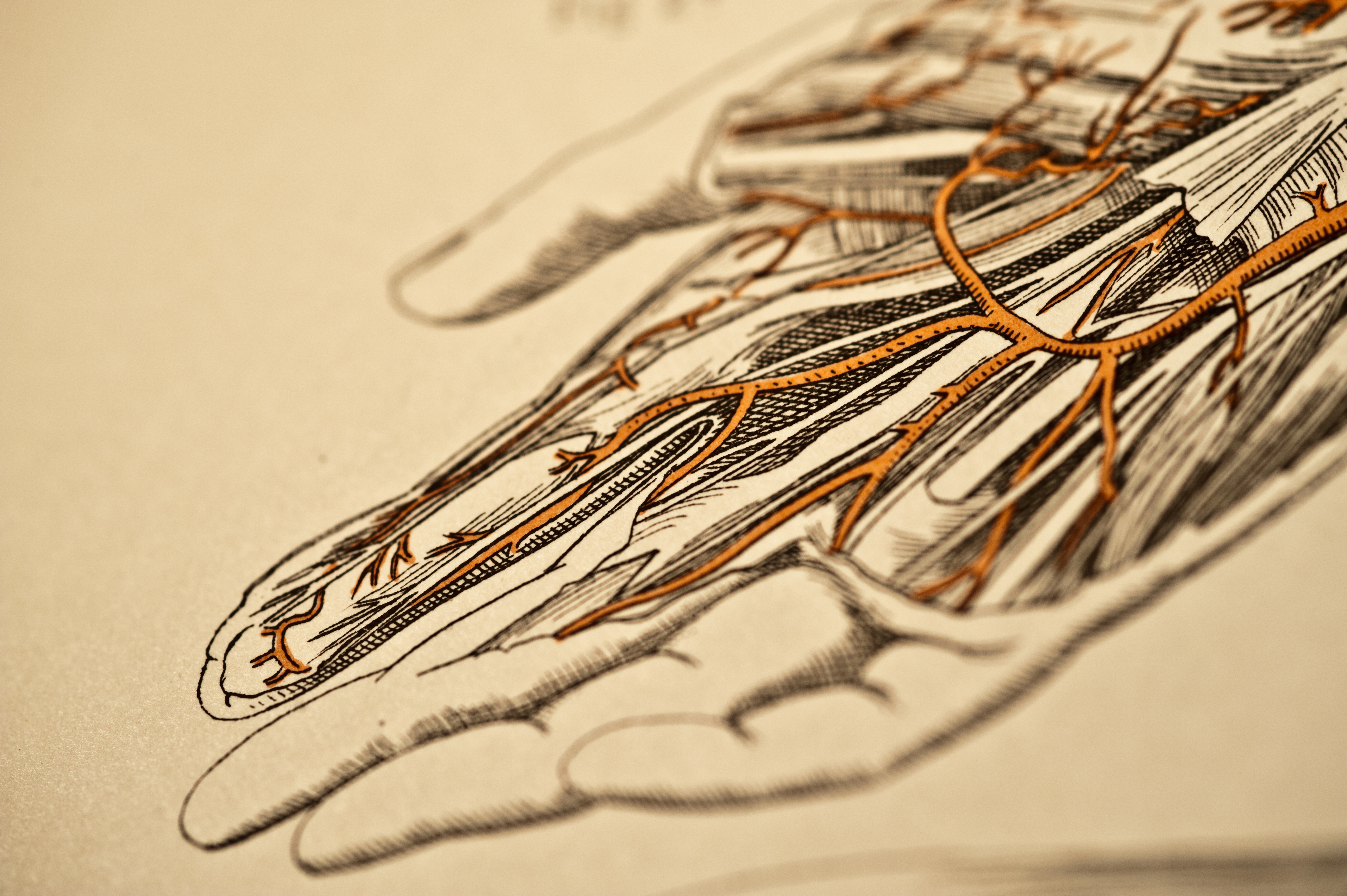
FRIDAY, June 22 (HealthDay News) — Sleep seems to improve the motor function of people with Parkinson’s disease, researchers have found.
This “sleep benefit” occurs for some patients even though they are without their medication while sleeping, the study authors said. However, how sleep helps patients’ motor function remains unclear, and not all Parkinson’s patients experience this improvement, according to the report, published in the June issue of the Journal of Parkinson’s Disease.
“If the subjective experience of sleep benefit is proven to be related to an objective improvement in motor function, this could have considerable clinical benefits,” the study’s lead investigator Dr. Sebastiaan Overeem, of the department of neurology, Donders Institute for Brain, Cognition and Behavior at Radboud University Nijmegen Medical Centre in the Netherlands, said in a journal news release.
In conducting the study, the researchers questioned 243 patients with Parkinson’s disease about their motor and non-motor symptoms. They also assessed the patients’ symptoms of depression, functioning and quality of life.
The investigators found that nearly 47 percent of the patients experienced a sleep benefit, or a clear improvement in their Parkinson’s symptoms after a night’s sleep.
Daytime naps were also taken by 98 of the 243 patients. Of these “regular nappers,” 46 percent did not notice a sleep benefit at all. On the other hand, 20 percent of nappers said they experienced a reduction in their Parkinson’s symptoms only after a night of sleeping, and 13 percent reported an improvement only after their nap. Meanwhile, 20 percent of nappers reported an improvement in their symptoms following both their naps and nighttime sleep.
“It is tempting to speculate whether daytime naps might constitute a possible therapeutic application,” noted Overeem.
While the study uncovered an association between sleep and Parkinson’s symptoms, it did not prove a cause-and-effect relationship.
The researchers pointed out that there were no demographic or clinical differences — such as age at onset of the disease and type of treatment — between those who experienced the sleep benefit and those who did not. There were also no differences in depression, quality of life, memory, fatigue and sleep quality between these two groups.
The study authors added that their findings are based on patients’ perceptions of a sleep benefit, which are subjective. More research is needed to objectively assess changes in symptoms of Parkinson’s disease after a period of sleep.
“Further study is important to identify possible determinants and underlying mechanisms of sleep benefit, in order to identify those patients most likely to benefit from sleep,” Overeem concluded. “Both our research and previous studies show it’s important to renew research on this intriguing subject.”
More information
The National Parkinson Foundation has more about sleep and Parkinson’s disease.

